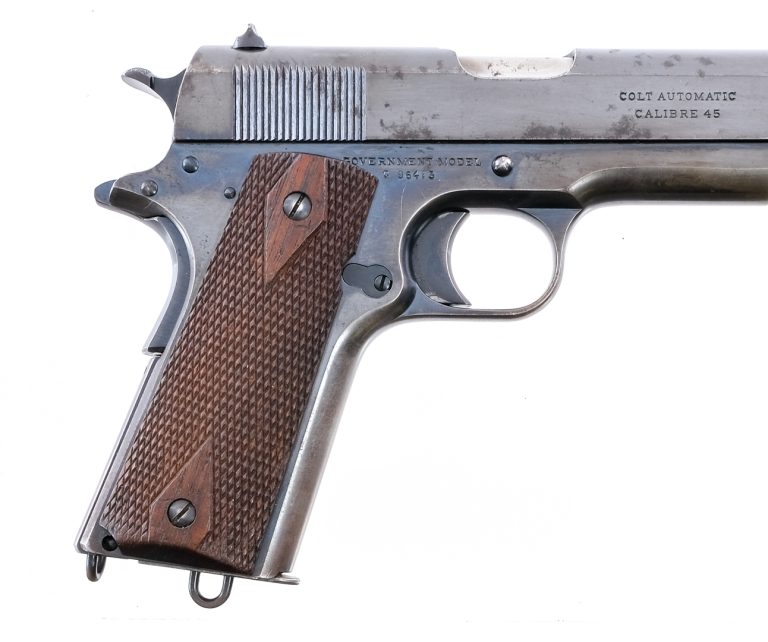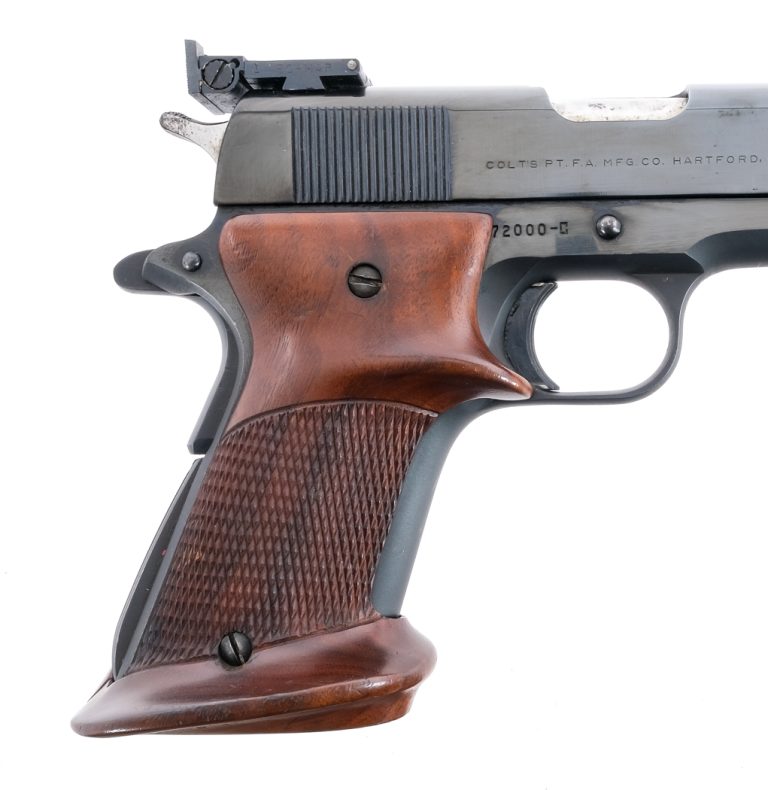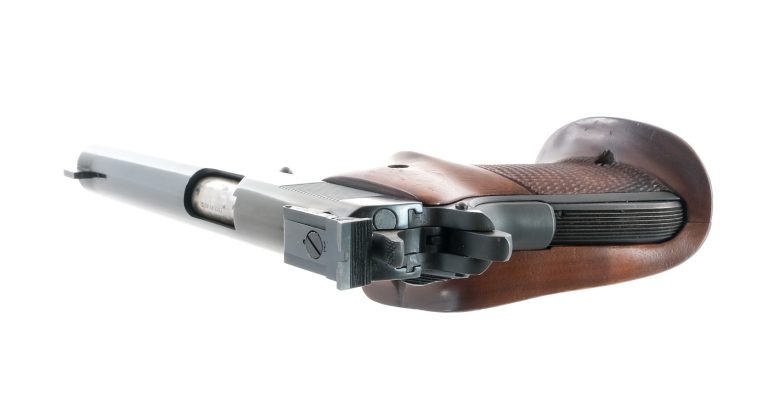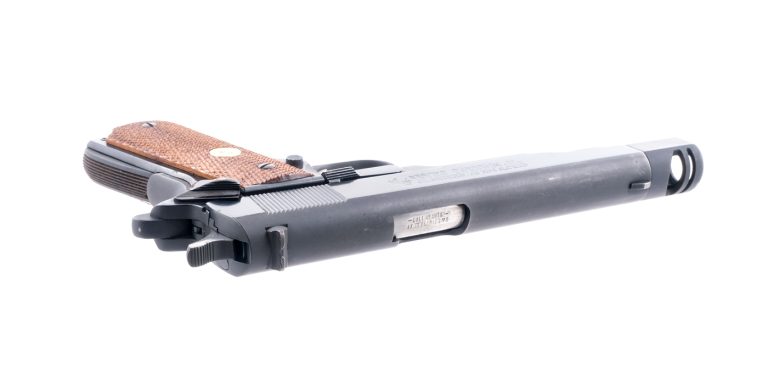Essential Guide to Selling Guns in Colorado: Legal Steps and Safe Practice Tips
- Home
- Essential Guide to Selling Guns in Colorado: Legal Steps and Safe Practice Tips
Looking to sell a firearm in Colorado? You might think it’s as simple as finding a buyer and exchanging cash for your gun, but there’s a lot more to it than that. Colorado has some specific rules and regulations when it comes to gun sales, and navigating them can feel like trying to hit a moving target. But don’t worry – whether you’re a first-time seller or looking to offload an entire collection, this guide will walk you through the ins and outs of selling guns in the Centennial State. From background checks to age restrictions, we’ll cover everything you need to know to keep your transactions legal and hassle-free.
Understanding Gun Selling Regulations in Colorado
Key State and Federal Laws
Thinking about selling firearms in Colorado? First, get a handle on the key laws you must follow. Colorado mandates that all firearm transfers—yes, even private sales—go through a licensed firearms dealer, known as a Federal Firearms Licensee (FFL). These FFLs help essential background checks.
Wondering about age restrictions? Handguns can only go to individuals aged 21 and older, while long guns like rifles and shotguns are available to those 18 and older. It’s also important to note that handgun buyers must be Colorado residents.
Federal regulations are no less important. Every buyer must fill out ATF Form 4473, which covers personal history and legal eligibility. Ignoring these laws not only risks hefty fines but can also lead to criminal charges. Contact the Colorado Bureau of Investigation (CBI) InstaCheck system for detailed guidelines.
Background Check Requirements
Got a buyer lined up? Hold on a second. Whether you’re selling a handgun or a long gun, you both need to pass a background check. Conducted through the CBI InstaCheck system, this process ensures the buyer isn’t prohibited from owning a firearm.
Ever thought about the procedure? The FFL takes care of the background check and both you and the buyer will receive a copy of the results. This step isn’t just a formality; it safeguards against selling to individuals with a criminal background or mental health issues.
Legal Implications of Unlawful Transfers
Overlooking any part of these regulations comes with serious consequences. Failing to comply with the background check requirement is a class 1 misdemeanor, punishable by fines and potential jail time. You might also face civil liability, which means you could get sued.
Options for Selling Guns in Colorado
Considering selling guns in Colorado? It can feel like exploring a maze with multiple paths, each having its own set of rules. To help you out, let’s break down your options and what you need to know about each one.
Selling Through Licensed Dealers
One straightforward option for selling firearms in Colorado is through licensed dealers. These dealers, often known as Federal Firearms License (FFL) holders, handle all the regulatory red tape for you. Worried about the legality? You shouldn’t be. Licensed dealers ensure background checks and compliance with federal and state laws, so you’re covered.
Licensed dealers often have established customer bases, simplifying your sales process. Even if you have a collection of rare pieces or estate collections, they’ll know how to market them effectively. Why go through the hassle of managing paperwork when someone else can do it for you?
It’s also worth mentioning that using FFL dealers adds a layer of security. Buyers feel confident knowing they’re purchasing from a reputable source, and you’re assured of a smooth, legal transaction.
Private Sales and Legal Responsibilities
Maybe you’re considering private sales. It’s an option, but it comes with its own set of responsibilities. In Colorado, all private sales require a background check conducted through a licensed dealer.
You also need to keep detailed records of each transaction. Selling a firearm without documentation can lead to severe penalties, including fines and jail time. Have you got an estate collection inherited from a family member? Ensure every piece is legally transferred to avoid future complications.
Although private sales may initially seem simpler, the legal world makes it crucial to stay informed. Make sure both you and your buyer understand what’s needed to make the sale lawful and safe.
Conducting Sales Online or at Gun Shows
What about online sales or gun shows? They’re popular avenues but come with their own set of rules. Selling guns online requires transfers through FFL dealers to comply with federal law. This ensures that background checks are completed and the transaction is recorded legally.
Gun shows offer a unique platform where you can directly interact with potential buyers. If you choose this route, know that gun show loopholes won’t exempt you from background checks and other legal requirements. Ensure every transaction goes through an FFL dealer present at the show.
Whether you’re selling a single firearm or a comprehensive estate collection, these venues provide excellent exposure. But, take care to follow all regulations to protect both yourself and your buyers.
Important Considerations When Selling a Gun
Selling guns in Colorado involves exploring a complex world of legal requirements and best practices. Below are key areas to consider.
Identification and Documentation Requirements
When selling firearms in Colorado, proper identification and documentation are crucial. Both the seller and the buyer must present valid and acceptable forms of ID. Typically, this means a government-issued photo ID. But that’s not all; you must keep copies of these IDs for your records.
Documentation doesn’t end there. All firearm transfers require a background check through a licensed dealer. This means even private sales must loop in a licensed firearms dealer to handle the background check. After it’s done, both the seller and buyer should receive a copy of the check results, ensuring transparency and legality in the transaction.
Waiting Periods and Age Restrictions
Age restrictions and waiting periods are other important facets of selling guns in Colorado. To buy a handgun, the person must be at least 21 years old. For long guns, such as rifles and shotguns, the minimum age is 18. You’re probably wondering if there’s a mandatory waiting period after the background check. Colorado doesn’t have a blanket waiting period; but, some circumstances might warrant delays in completing the sale, especially with more thorough background checks.
Role of Colorado Bureau of Investigation in Sales
The Colorado Bureau of Investigation (CBI) plays a pivotal role in the gun selling process. If you’re selling guns in Colorado, it’s important to understand how the CBI’s InstaCheck system works. The CBI conducts background checks using this system, ensuring buyers meet the legal requirements for firearm purchases. This includes checking for criminal history and any red flags that could disqualify the buyer.
Utilizing CBI InstaCheck makes the process smoother, as their dedicated system is designed to handle Colorado’s specific regulatory world. It’s part of ensuring that every sale—not just large-scale firearms transactions or estate collections—is compliant with state laws. This extra layer of scrutiny helps maintain public safety and integrates seamlessly with your selling process.
Common Challenges and How to Navigate Them
Selling guns in Colorado isn’t just about handing over firearms to buyers. There are several challenges you might face, and knowing how to handle them can make or break your experience. Let’s explore some common hurdles and how to overcome them.
Ensuring Compliance with CRS 18-12-112
One key challenge in selling guns in Colorado is adhering to CRS 18-12-112. This statute mandates background checks on all firearm transfers, with few exceptions. So, how do you ensure compliance?
First, always require potential buyers to undergo a background check. If you’re not a licensed dealer, partner with one who can run these checks through the Colorado Bureau of Investigation’s InstaCheck system. This step isn’t just legal; it keeps everyone safe.
Next, keep meticulous records of each transaction. This includes the buyer’s information and the results of the background check. It’s crucial to avoid any lapses, as regulatory bodies can audit your records.
Finally, stay updated on changes to the statute. Laws evolve, and ignorance isn’t a defense. Bookmark the Colorado General Assembly’s website and sign up for updates to stay informed.
Dealing with Denied Transfers
Not every transfer will go smoothly; some buyers will fail background checks. So, what do you do when faced with a denied transfer?
First, inform the buyer of the denial. Be polite but firm, and explain that the law prohibits you from proceeding with the sale. It’s crucial to avoid emotional reactions, as this situation often frustrates buyers.
You can offer guidance on how the buyer might resolve a potential error in the background check results. Direct them to the Colorado Bureau of Investigation, which handles InstaCheck appeals. But, emphasize that the sale can’t proceed until they clear their record.
Also, document the denial thoroughly. Record the buyer’s information, the denial notification, and any steps taken post-denial.
Avoiding Illegal Practices like Straw Purchases
Straw purchases, where someone buys a firearm for another person, can land you in serious trouble. So, how do you spot and avoid these illegal transactions?
First, be vigilant. If a buyer seems unsure about the weapon’s specifics or exhibits unusual behavior, ask questions. For example, “Is this firearm for personal use?” A legitimate buyer will have straightforward answers.
Next, scrutinize identification closely. Ensure it matches the person standing before you and isn’t expired or tampered with.
Remember, the responsibility also extends to online sales. If you’re selling guns in Colorado through platforms, clearly state that the buyer must complete the transaction in person and undergo a background check.
Finally, educate yourself about potential red flags. Websites like ATF’s official page offer valuable resources on identifying straw purchases.
Selling Your Estate Or Gun Collection in Colorado?
Selling an estate or gun collection in Colorado? Why not work with a licensed and trusted expert who’s done this before?
At CT Firearms Auctions, we pride ourselves on being a trusted and fully licensed firearms dealer. Our extensive knowledge of state and federal laws ensures that every transaction is conducted with the utmost safety. With years of experience in valuing and handling large and estate gun collections, we understand the importance of your investment.
Want to be sure your collection investment gets what it deserves? Reach out to us today.
Frequently Asked Questions
What are the legal requirements for selling a gun in Colorado?
To sell a gun in Colorado, you must conduct a background check through a licensed dealer, maintain proper documentation, and comply with Colorado Revised Statutes (CRS) 18-12-112.
Do I need to perform a background check when selling a firearm?
Yes, Colorado law mandates a background check conducted through a licensed dealer for all private firearm sales.
What is the role of a licensed dealer in a firearm sale?
Licensed dealers facilitate the required background checks and ensure all legal protocols are followed during a firearm sale.
What is the Colorado Bureau of Investigation's InstaCheck system?
The InstaCheck system is a tool used to verify a buyer’s eligibility to purchase a firearm in Colorado through a comprehensive background check.
How can I stay updated on Colorado's firearm laws?
Regularly review the Colorado Bureau of Investigation’s website and consult with licensed dealers to stay informed about current laws and regulations.
Can I sell a gun directly to another individual without a dealer?
No, Colorado law requires that all firearm transfers between private individuals go through a licensed dealer for a background check.





